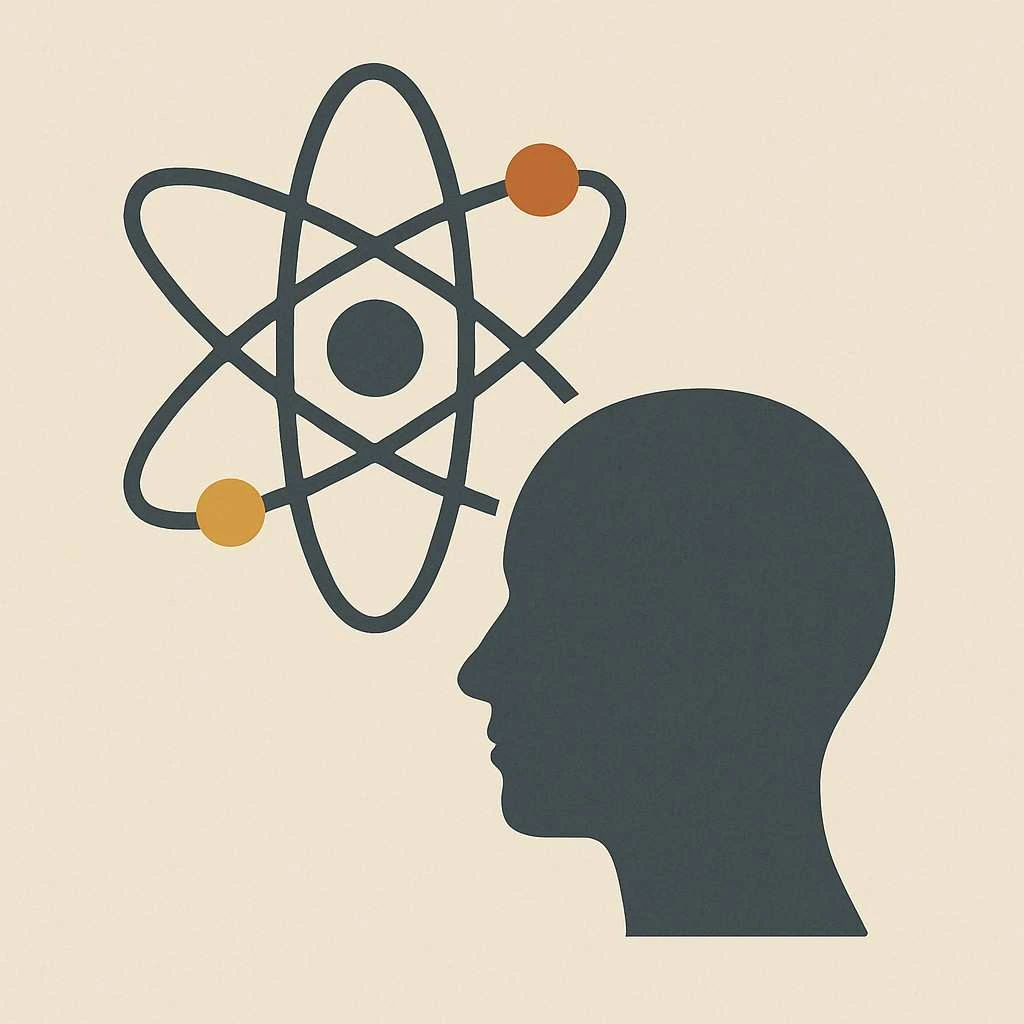What Is Atheism?
Across the world, people follow different belief systems to understand life, purpose, and the universe. Some look to religion, some to philosophy, and some to science. In this vast landscape of ideas, atheism is a worldview that has existed for centuries but is often misunderstood. Many assume it means rejecting all values or opposing religion, but atheism is simply a position about belief in God. It is not a religion, not a spiritual path, and not a moral system. Instead, it is a perspective on whether a divine power exists.
Defining Atheism in Simple Terms
At its core, atheism means the absence of belief in God or gods.
It does not claim that there definitely is no God; rather, most atheists say they have not found convincing evidence to believe in one. Just as people may choose to believe or not believe in astrology or a particular philosophy, atheism is a choice regarding belief in a higher deity.
Atheism also exists on a spectrum. Some people are strong atheists, expressing a firm stance that no god exists. Others are soft atheists, simply unconvinced by any religious claims but still open to discussion. Many atheists prefer to focus on reason, science, and personal experience as their guiding principles.
Why People Choose Atheism
People choose atheism for many different reasons, and not all atheists reach the same conclusion in the same way. Some common motivations include:
1. Influence of Science and Rational Thinking
Many people who study nature, cosmology, physics, or evolution begin to understand the world through scientific explanations. They may feel that natural processes provide enough answers and do not require a divine cause.
2. Philosophical Curiosity
Some people explore questions like “Why are we here?” or “What is morality?” through philosophy rather than scripture. For them, logic and inquiry become more meaningful tools than religious belief.
3. Personal Experiences
A few people become atheists because they have witnessed suffering, injustice, or contradictions that make them doubt religious teachings.
Others feel disconnected from rituals or traditions and prefer a worldview that does not involve worship.
4. Cultural and Social Influences
In modern society, exposure to global ideas, scientific communities, and secular environments also shapes an individual’s belief system.
Atheism is not a rebellion; for many, it is simply a reflection of the world they are raised in.
What Atheism Is Not
A very important point often ignored is what atheism does not represent.
Atheism is not immorality.
A person can be compassionate, honest, and ethical without religious belief.Atheism is not hatred toward religion.
Many atheists respect religious traditions, even if they don’t follow them.Atheism is not a denial of spirituality.
Some atheists enjoy meditation, mindfulness, or philosophical reflection; they simply do not attribute these experiences to a deity.Atheism is not a political or social movement.
It is a personal belief stance, not a uniform organisational ideology.
Understanding these distinctions helps reduce stereotypes and promotes respectful dialogue.
Atheism and Morality
One of the most debated questions is: If atheists do not believe in God, where do their morals come from?
The answer is simple: morality does not depend only on religion.
Atheists often derive values from:
empathy and compassion,
social responsibility,
personal conscience,
ethical philosophy,
and respect for human rights.
Many atheists argue that doing good for humanity is meaningful on its own, without expectation of divine reward or fear of punishment.
Atheism in a Diverse Society
Modern societies, especially multicultural ones like India, are home to believers, non-believers, and everything in between. Atheism adds to this diversity by offering a perspective rooted in reason and freedom of thought.
In many communities, atheists stand for:
freedom of expression,
scientific temper,
equality of all religions,
and the right to question ideas respectfully.
Atheists and believers can coexist harmoniously when they respect each other’s choices. After all, belief is personal—and so is non-belief.
Challenges Faced by Atheists
Despite growing acceptance, atheists sometimes face misconceptions:
People may think they lack values.
Families may misunderstand their choices.
Society might assume they are rebellious or disrespectful.
However, awareness and open conversation help bridge these gaps. The more people understand atheism, the more they realise it is simply another way of interpreting life.
Atheism is not about rejecting culture, tradition, or morality—it is about approaching the world without belief in a divine power. It encourages questioning, reasoning, and forming one’s own understanding of life. In a world rich with diverse beliefs, atheism stands as one more voice in the spectrum, reminding us that human thought is vast and varied. Whether one believes in God or not, what truly matters is kindness, respect, and the ability to coexist peacefully with one another.
~Religion World Bureau










